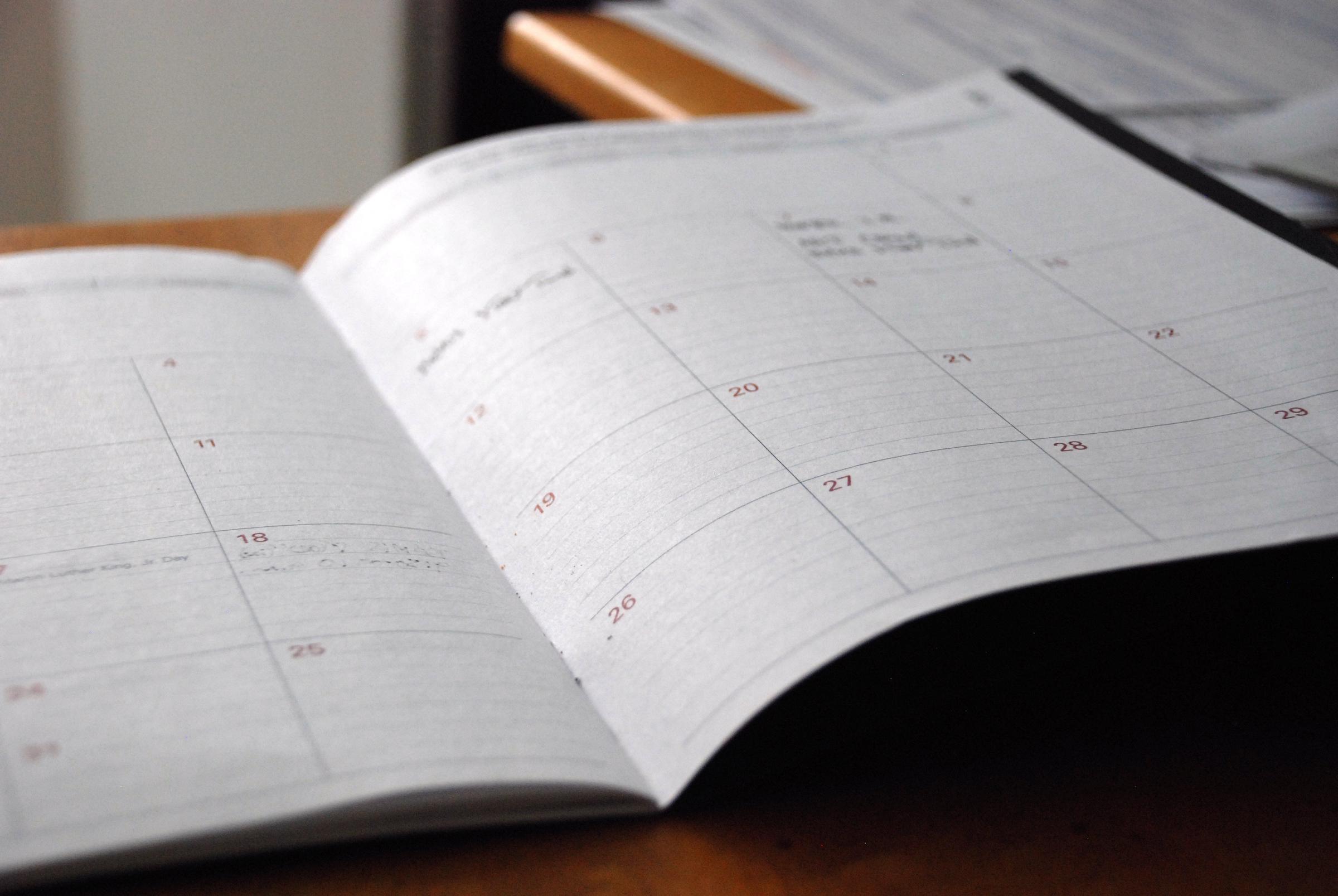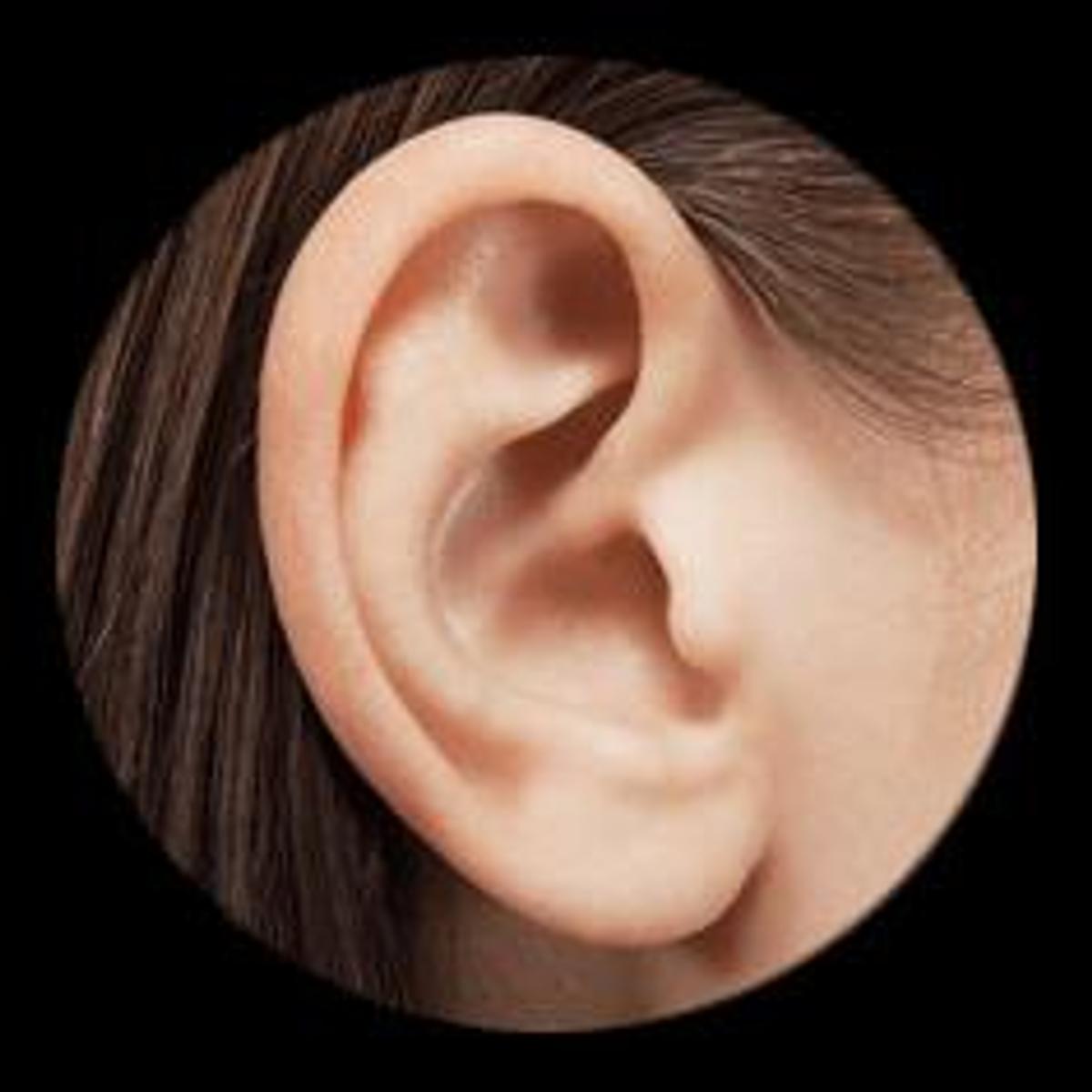Teaching & Learning

Maths Strategies
In this edition of teaching and learning we will spend some more time talking about maths strategies and how you can support your child at home using questioning techniques. We will once again advertise the Victorian Maths challenge and finally we will talk a little about hearing health.
Maths Strategies in Practise
In our last addition we spoke of the value in using initial mathematics skills as a basis for problem solving. Students use the fundamental skills and put them into practice through hands on experiences. The following will outline a few more strategies that we suggest students use when trying to solve problems.
Identify Patterns
Look for patterns. Our entire world is full of patterns and maths is often the language we use to describe patterns. Sometimes if you can find a pattern it will help you to solve a problem.
Make a Table
Sometimes problems give you lots of data which can be tricky to organise. It can be helpful to set out the data using rows and columns to make a table.
Make a List
Making a list of all the possible answers to a problem can help you to keep track of your thinking and prove that you haven’t just guessed.
The Victorian Maths Challenge
The Victorian Maths Challenge is a fun and engaging way for families to engage in real life mathematics and explore problems together. This year, the Challenge for Years 5-8 students runs until 29 November 2016. Take on as few or as many challenges as you like. Work together to find your own solutions. Access the content on http://vmc.global2.vic.edu.au/ and see if you are up for the challenge.
Hearing Health
This week we had a visit from the Visiting Teacher Service. Two of the hearing impaired teachers came to visit our school and met with some of the teachers. They noted that many students in Australia suffer from undiagnosed hearing impairments and made a few suggestions of things that we can look for when making referrals. Sometimes there might be a noticeable difference in your child at home.
The following is a suggestion of what you might be able to do to support your child should they have a potential hearing impairment.
Has your child had a hearing test recently? Do you notice that your child might not be hearing as well during months when colds and flu are prevalent? Has your child’s behaviour changed: is your child more frustrated, distracted or not socialising as much as they usually would?
If your child has not had a hearing test in a while, or your instincts tell you that something has changed, it might be time for your child to have a hearing test. Next time you visit your GP ask him/her for a referral to have your child’s hearing tested. You may be referred to an Ear, Nose and Throat Specialist or an audiologist. There are many places which give free hearing tests for children.
If your child already has an audiologist or attends Australian Hearing, remember hearing reviews should be done every 12 months. Please ring your hearing centre to make an appointment.
Kirrily Lamers
Assistant Principal

